
 |
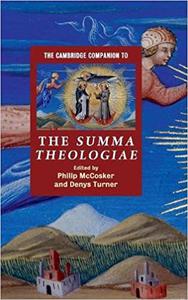 Philip McCosker, "The Cambridge Companion to the Summa Theologiae " English | ISBN: 0521879639 | 2016 | 376 pages | PDF | 3 MB Arguably the most influential work of systematic theology in the history of Christianity, Thomas Aquinas' Summa Theologiae has shaped all subsequent theology since it was written in the late thirteenth century. This Companion features essays from both specialists in Aquinas' thought and from constructive contemporary theologians to demonstrate how to read the text effectively and how to relate it to past and current theological questions. The authors thoroughly examine individual topics addressed in the Summa, such as God, the Trinity, eternity, providence, virtue, grace, and the sacraments, making the text accessible to students of all levels. They further discuss the contextual, methodological, and structural issues surrounding the Summa, as well as its interaction with a variety of religious traditions. This volume will not only allow readers to develop a comprehensive multi-perspectival understanding of Aquinas' main mature theological work, but also promote dialogue about the vital role of the Summa in theology today. 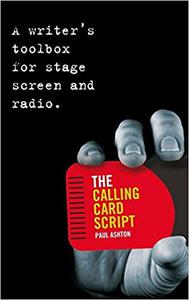 Paul Ashton, "The Calling Card Script: A Writer's Toolbox for Screen, Stage and Radio" English | ISBN: 1408110172 | 2011 | 256 pages | AZW3 | 806 KB The calling card script is the script that expresses your voice, gets you noticed and helps you reach commission and production. Written by Paul Ashton, Development Manager of the BBC writersroom, and born out of his wide experience of reading scripts, working with writers, and as an industry 'gatekeeper', this is a guide to the key writing tools you need to know and understand to write a truly original script.  Frederick Lewis Allen, "The Big Change: America Transforms Itself, 1900-1950" English | 2021 | ISBN: 1504068238 | EPUB | pages: 328 | 1.2 mb The New York Times-bestselling history of the first half of the twentieth century-five decades that transformed America-from the author of Only Yesterday. 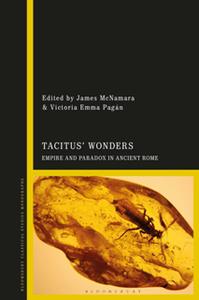 Tacitus' Wonders : Empire and Paradox in Ancient Rome by James McNamara and Victoria Emma Pagan English | 2022 | ISBN: 1350241725 | 296 Pages | True ePUB | 1.9 MB  THE SIMPLE CORE STRENGTHENING EXERCISES AND GUIDE FOR SENIORS: Daily Exercise Routines to Build Core Strength for Safely Toning the Abs, Back and ... Balance and Boost Confidence for seniors. by Jack Duncan English | July 21, 2022 | ISBN: N/A | ASIN: B0B7CSLHKJ | 70 pages | MOBI | 0.79 Mb Strengthen your core and boost your confidence with the exercise routines for seniorsHaving a strong core can improve mobility, reduce aches and pains, prevent falls, and build everyday confidence. The Simple Core Exercises and Guide for Seniors makes it easy to incorporate daily exercise for seniors, with a collection of different ndividual movements and quick routines for strengthening the major core muscles.  S. Meloni M.D., "Suture like a Surgeon: A Doctor's Guide to Surgical Knots and Suturing Techniques used in the Departments of Surgery, Em" English | ISBN: 1698150857 | 2019 | 112 pages | AZW3 | 2 MB This is the Official Suturing Techniques Textbook created by Medical Creations. 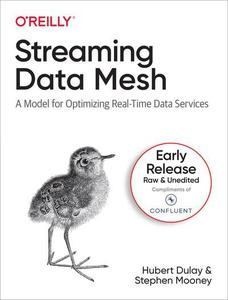 Streaming Data Mesh (Second Early Release) English | 2022 | ISBN: 9781098130718 | 108 pages | PDF,EPUB | 14.91 MB Data lakes and warehouses have become increasingly fragile, costly, and difficult to maintain as data gets bigger and moves faster. Data meshes can help your organization decentralize data, giving ownership back to the engineers who produced it. This book provides a concise yet comprehensive overview of data mesh patterns for streaming and real-time data services.  Strategic Planning: Meaning, Features, Importance, And Limitations by RAZAQ ADEKUNLE English | 2020 | ISBN: N/A | ASIN: B08PVW2QL6 | 130 pages | EPUB | 0.16 Mb Organizations employ strategic planning to move toward their desired future status (End Game). It is the process of developing and implementing plans to reach goals and objectives. Strategic planning, more than anything else, is what gives direction to an organization. Obtaining buy-in from all relevant parties is essential for successful strategic plan implementation Key employees from all areas of the business should be included. Communicating the strategic plan to all employees is an important critical step.  Step by Step Guide on How to Use Google Classroom by RAZAQ ADEKUNLE English | 2020 | ISBN: N/A | ASIN: B08PVT8HWM | 115 pages | EPUB | 0.18 Mb Looking for a positive relationship between student and teacher during a time of distance and lack of connection in person? 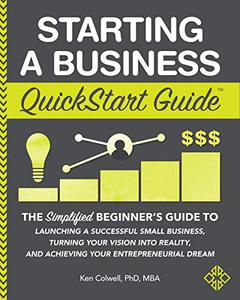 Starting a Business QuickStart Guide: The Simplified Beginner's Guide to Launching a Successful Small Business, Turning Your Vision into Reality, and ... Dream (QuickStart Guides™ - Business) by Ken Colwell PhD MBA English | February 25, 2019 | ISBN: 1945051825 | 395 pages | PDF | 8.98 Mb THE ULTIMATE BEGINNER'S GUIDE TO STARTING A BUSINESS IN 2022!Have you ever dreamt of starting your own business and living life on your terms? |